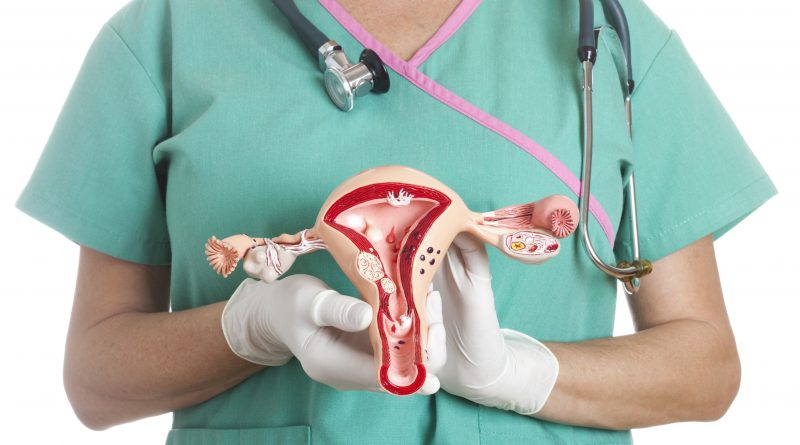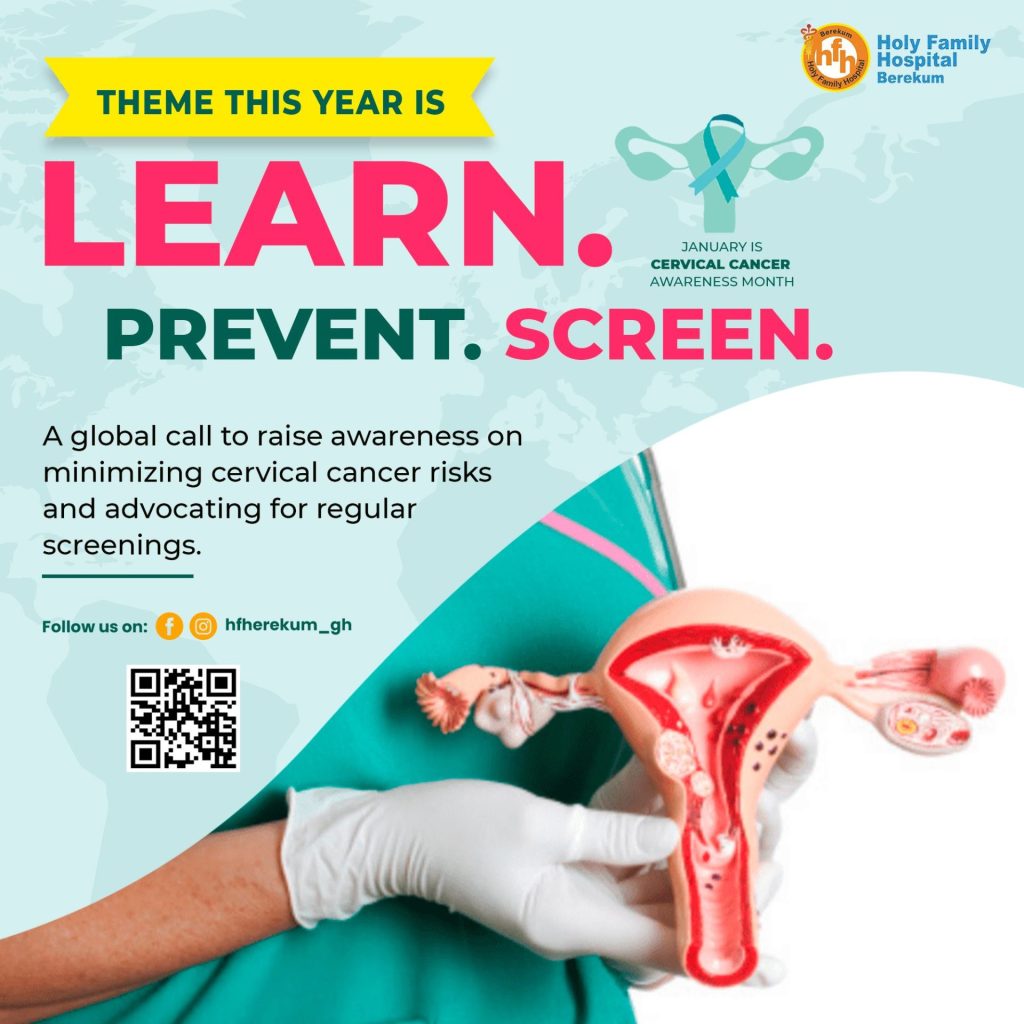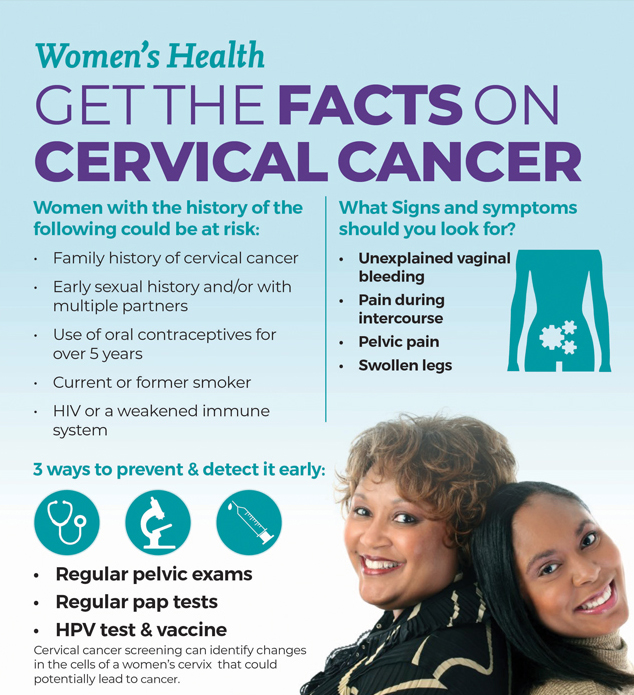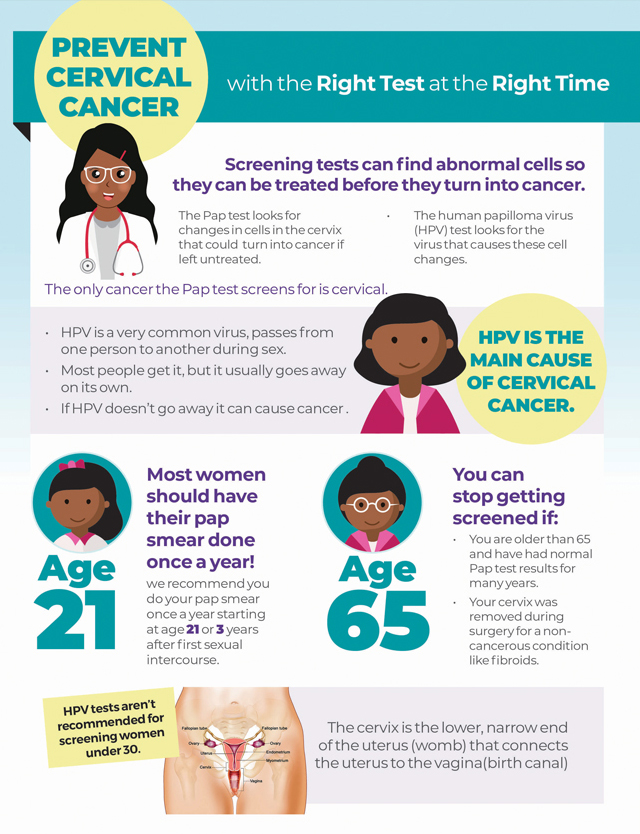
World cervical cancer awareness month is a global healthcare event observed for the entire month of January every year, its aim to raise awareness of cervical cancer globally.
Various international and local groups have joined together to raise awareness of cervical cancer through multiple campaigns and activities to emphasise the importance of early cervical cancer diagnosis, treatment, and preventive recommendations.
This year, 2024, the Cervical Health Awareness Month Theme is “Learn. Prevent. Screen”. The theme emphasizes the necessity of educating people with knowledge about minimizing cervical cancer risks and the life-saving importance of regular screenings.

NEED FOR CERVICAL CANCER AWARENESS
Cervical cancer is a condition where there is an abnormal growth or proliferation of the cells lining the cervix (the part that connects the uterus and the vagina) or the lower portion of the uterus. The infection with the human papillomavirus (HPV) is the most common cause (about 90%) of cervical cancer.
As per the World Health Organization (WHO), the global incidence of cervical cancer in 2020 was estimated to be 6,04,000 new cases and 3,42,000 deaths, marking it as the fourth most prominent cancer in women. India accounts for an incidence (new cases) of nearly one-fourth of global cases of cervical cancer every year, with a mortality rate of nearly one-third.
In 2020, nearly 90% of new cases and deaths were reported in low- and middle-income nations. In high-income nations, awareness programs are in place to assist girls (usually 9-14 years) with the HPV vaccination apart from the regular screening for detecting and treating precancerous lesions in women.
These preventive methods are limited in low- and middle-income countries, and cervical cancer is not diagnosed until the symptoms have progressed. Therefore, there is a need for cervical cancer awareness (especially in low- and middle-income countries) to educate women about cervical cancer risk factors, symptoms, and preventive actions. It is critical to promote awareness about the necessity of frequent cervical cancer screenings and the HPV vaccine’s availability.

IMPORTANCE OF CERVICAL CANCER AWARENESS MONTH
Cervical screening on a regular basis can help in preventing both localised and non-localised cervical cancer. Since the 1960s, screening has successfully prevented cervical cancer on a community basis. According to a 2016 study, subjects with three yearly screenings prevented 83% of non-localised cancers and 48% of stage I cancers compared to women who had not been screened in five years.
When compared to women who did not attend a screening for 5 years, women who attended screening frequently (a minimum of two screens at least ten months apart) had a 90% reduction in the odds of non-localised cervical cancer and a 57% reduction in the odds of stage 1 cervical cancer.

PREVENTION OF CERVICAL CANCER
The following are precautionary measures for the prevention of cervical cancer:
Taking vaccination against HPV
Screening, early diagnosis and treatment of pre-malignant lesions
Abstaining from smoking
Having a safe sexual experience
Minimal exposure to HPV as it spreads through skin-to-skin contact
The American Cancer Society (ACS) recommends the following guidelines for a woman to follow in order to detect cervical cancer early:
People over 65 who should discontinue getting screened for cervical cancer are:
Those with a routine screening in the previous decade (10 years) with negative results
Those with no prior history of CIN2 (Cervical Intraepithelial Neoplasia)
Absence of serious diagnosis in the past 25 years
Unless the hysterectomy was performed as a treatment for cervical cancer or a severe pre-cancer, people who have undergone a total hysterectomy (removal of the uterus and cervix) should halt screening (such as HPV test and Pap test).
Women who have undergone a supra-cervical hysterectomy (hysterectomy without removal of the cervix) should continue their cervical cancer screenings as per the ACS guidelines.
Credit: pacehospital
